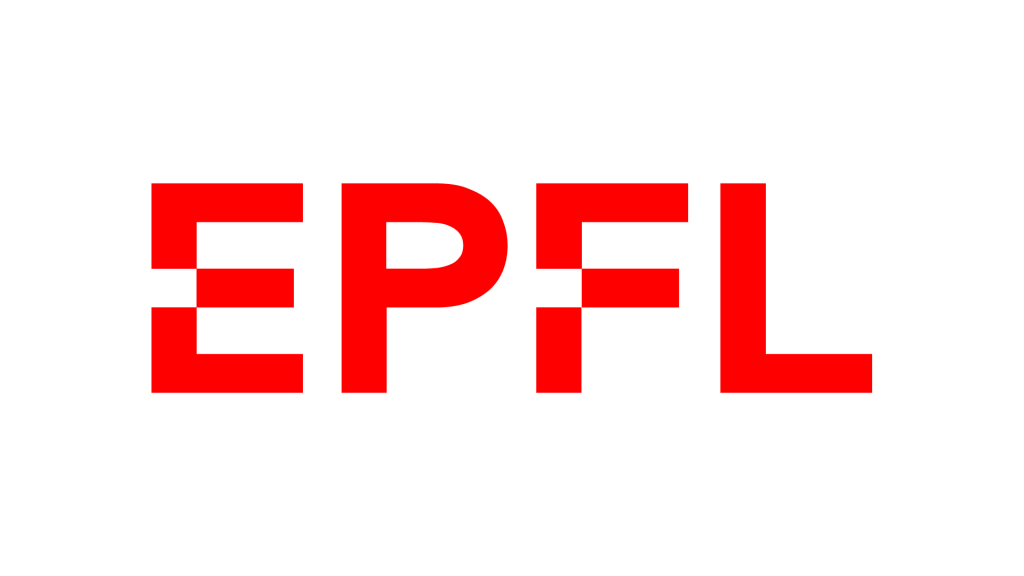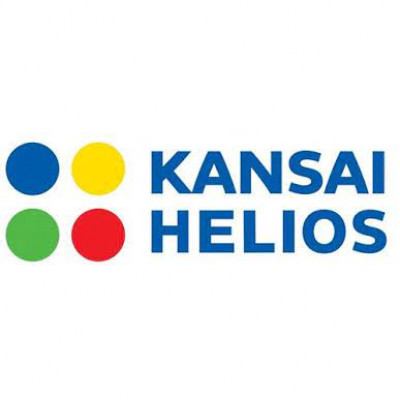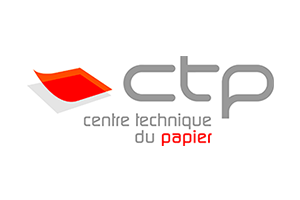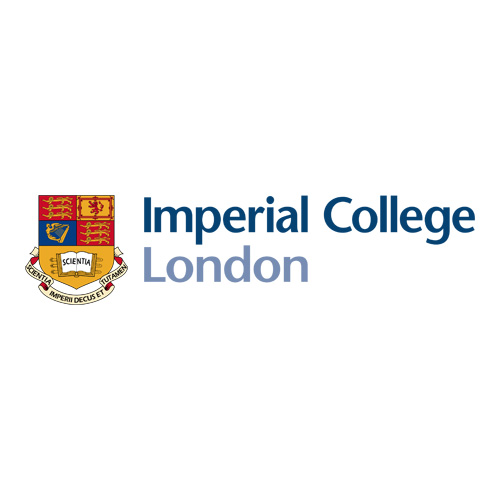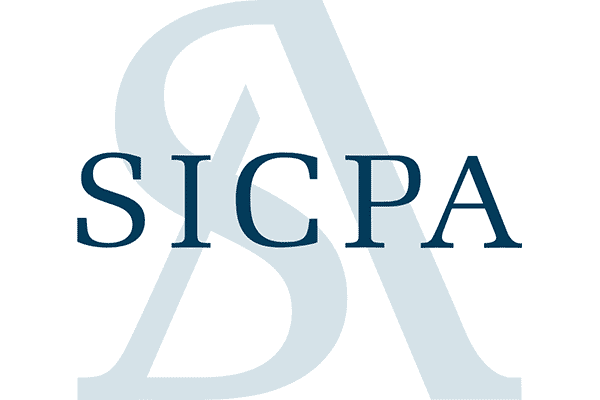ASSOCIATED PARTNERS
The contribution of the non-academic sector to ESPERANTO is of primary importance. For many industries, the photopolymerisation technology is technologically and economically relevant, as stated in the commitment letters of ESPERANTO’s industrial partners. The active presence of the non-academic sector in the network thus ensures that the topics addressed, the results obtained, as well as the skills acquired by the recruited researchers, are relevant also for industry. The partner enterprises host the recruited researchers for secondment projects that are directly pertinent to their business: this exposes the recruited researchers to a different approach, as they are called to apply the acquired skills in a focused short-term project, integrated in a wider company strategy. The non-academic partners thus contribute to the professional growth of the recruited researchers, which in return bring to them advanced scientific skills and access to innovative technologies. As a result of the mutual benefit brought up by these academic-industrial collaborations, the establishment of durable partnerships is expected.
In terms of doctoral training programmes, the ESPERANTO network has a high potential for longer-term sustainability. It includes 7 academic beneficiaries from 5 EU and associated countries (Italy, France, Austria, UK, Turkey), and 2 academic associated partner (Switzerland and UK), representing most of the main academic research groups active in photopolymerisation in Europe. The academic members of ESPERANTO will adopt a jointly agreed supervision protocol that will set common standards for the guidance and evaluation of the PhD projects of the researchers, and involve junior scientists in the agreed supervision process, integrating the MSCA Guidelines on Supervision. ESPERANTO will thus contribute to development of a common mindset and methodology for supervision, towards a more structured and uniform doctoral training model in Europe. Moreover, ESPERANTO Schools, jointly organized by network members and open to PhD students and researchers of all partner universities, may become part of the regular offer of courses of the doctoral schools of the academic beneficiaries, reinforcing their training offer.
ESPERANTO will strengthen the collaboration between the academic partners and establish solid and durable relationships with the non-academic partners. The resonance of ESPERANTO’s results will also open opportunities for collaborations beyond the original ESPERANTO consortium, contributing to the formation of a European network across academia and industry, reducing the gap between industrial and academic research. Therefore, given the industrially relevant aspects of ESPERANTO’s research, its natural legacy is the development of an Industrial Doctorate project, leading to enhanced collaboration between private and public sectors. The scientific results of the project can also be the basis for participating to further HE projects, including calls requiring higher Technology Readiness Level (TRL), thus accelerating industrial uptake.
